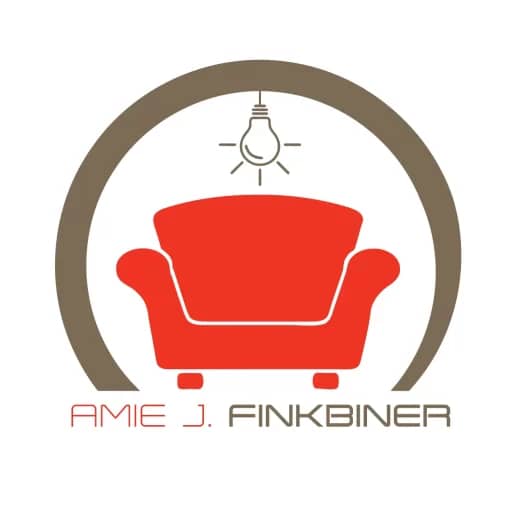
Schema Therapy For Veterans
This post is for the veterans out there still struggling with symptoms of PTSD, depression, anxiety, substance use, and traumatic brain injury. The Department of Veterans Affairs offers a comprehensive range of free, evidenced-based treatments for these issues. But I know you’ve already tried various forms of counseling, psychotherapy, medication, and rehabilitation services. You’ve done CBT, CPT, PE, EMDR, and every other acronym thrown at you. Your provider has prescribed antidepressants, anti-anxiety medications, mood stabilizers, and even some antipsychotics. You’ve done groups and been both inpatient and outpatient. You know what’s happening in your head isn’t logical… but you still believe it. You’ve tried it all, and you are still struggling.
I’m here to tell you today about a relatively new treatment option you probably haven’t heard of. It’s called Schema Therapy (no fancy acronym required) and was developed for what psychologists like to call “characterological disorders.” That is, the stuff that can’t be fixed with a band-aid. If you’ve tried therapy before and didn’t get the results you wanted or expected, you might consider trying Schema Therapy for Veterans. This therapy explicitly addresses broad, maladaptive patterns (schemas) developed during your military experience and focuses on restoring your ability to override your brain’s automatic thought patterns and behaviors. Specifically:
- PTSD: Schema therapy helps identify and challenge maladaptive schemas related to military trauma—providing tangible coping mechanisms and fostering a sense of safety and trust.
- Depression: By addressing negative schemas related to self-worth and acceptance, schema therapy aims to modify depressive thought patterns and promote a healthier self-image.
- Anxiety Disorders: Schema therapy targets underlying schemas contributing to anxiety. This fosters emotional regulation and developing healthier coping strategies to manage anxiety.
- Substance Use: Schema therapy can address schemas contributing to addictive behaviors. This helps veterans understand and modify the underlying issues leading to substance use.
- Traumatic Brain Injury: While Schema therapy may not directly treat physical injuries—it can assist in managing emotional and cognitive consequences by targeting associated maladaptive schemas.
Next Steps
To the brave veterans facing mental health challenges, remember that seeking support is a courageous step towards healing. The journey may be difficult, but there is hope and help available. You are not alone and your resilience is stronger than you may realize. Embracing the support networks, therapies, and resources tailored for veterans can pave the way for a brighter future. Your strength, combined with the dedicated assistance provided by professionals, fellow veterans, and caring communities, can lead to transformative healing. There is hope, and your well-being is a priority worth pursuing.
